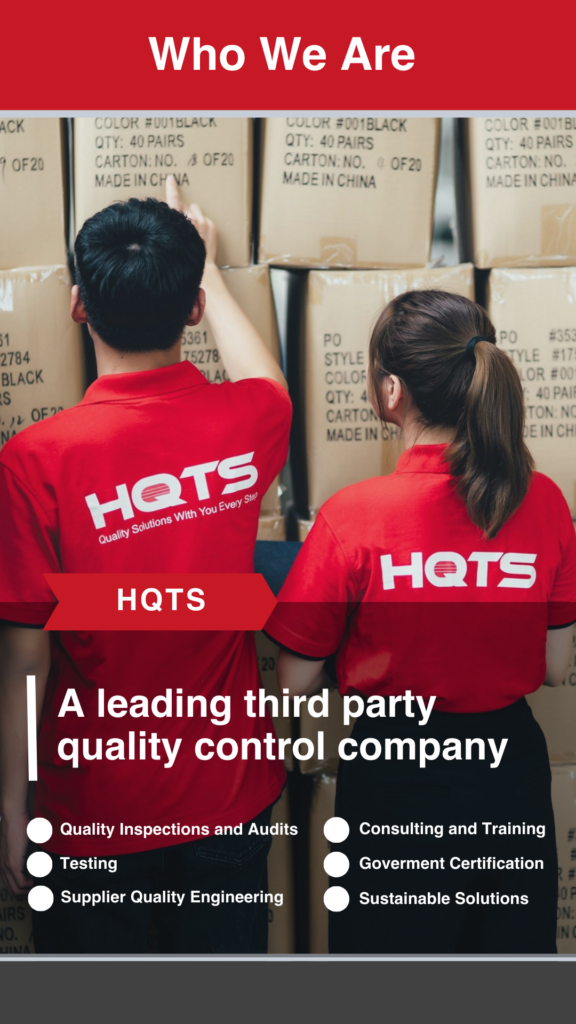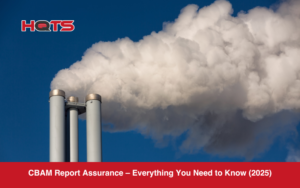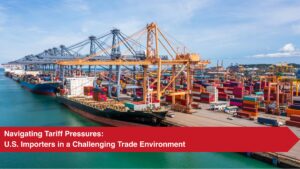Uganda’s oil and gas sector are booming, with numerous ongoing projects. Consequently, the country is experiencing a surge in demand for related materials and equipment. For those looking to supply materials and equipment to the market, it’s important to be aware of the nation’s conformity assessment program.
In this article, we’ll provide you with an introduction to the oil projects in Uganda and share key insights into ensuring that your business is in compliance with local regulations.
Overview of Uganda’s Oil and Gas Projects
Uganda’s oil and gas projects are set to reshape the nation’s economy. The country has recently made discoveries in the Lake Albert region, which total an estimated one billion barrels, with two key projects—Tilenga and Kingfisher— now underway.
Tilenga
Tilenga is operated by TotalEnergies, and the project targets large oil reserves in the Lake Albert region. It involves exploration, drilling, and oil production, and includes over nine onshore field, of which one is within the Murchison Falls National Park.
An important aspect of the project is infrastructure development. This includes the construction of facilities, well pads, pipelines, and processing plants. According to GlobalData, the commercial production is expected to begin in 2025, with an estimated peak output of 190,000 barrels per day in 2029.
Key Contractors in Tilenga Project:
- Design/FEED Engineering: McDermott International, Fluor, Ponticelli Freres, TechnipFMC.
- Main EPC: McDermott International, China Petrochemical, China Petroleum Engineering.
- EPC Contractors: Mota-Engil Uganda.
- Other Contractors: China National Offshore Oil, AECOM Uganda, Atacama Consulting, Africa Services Group, E-Tech International.
Kingfisher
Kingfisher is an upstream onshore oilfield on the shores of Lake Albert in Kikuube district. The project includes thirty-one development wells over a five-year period. It also includes a large pipeline for oil export to Tanzania, which will have the a processing capacity of 40,000 bpd and eighteen kilometers of buried flowlines.
Operated by the China National Offshore Oil Company, Uganda (CUL), Kingfisher features key partnerships with significant players such as the Uganda National Oil Company (UNOC) and TotalEnergies Exploration.
Key Contractors in Kingfisher Project:
- Design/FEED Engineering: Petrofac, China National Offshore Oil.
- Main EPC: China Petroleum Engineering.
- EPC Contractors: China National Petroleum, Excel Construction.
- Other Contractors: Bureau Veritas, Det Norske Veritas Holding, TecLab, Ilm Environmental Resource Management Consulting (Shanghai).

What Is the Role of Petroleum Authority of Uganda (PAU)?
The Petroleum Authority of Uganda (PAU) serves as the regulatory body for the nation’s oil and gas sector. Established in 2013 under the Petroleum (Exploration, Development, and Production) Act, PAU achieved full operational status in 2016. It plays a crucial role in regulating and overseeing activities related to oil and gas exploration, development, and production.
What Is the Uganda PAU National Database?
The PAU has established the National Supplier Database (NSD) for companies seeking to provide goods, services, and works to Uganda’s oil and gas sector. This is a central database of individuals and entities involved in petroleum activities in Uganda. Note that all entities must be registered on this database to provide goods, services, or works for oil and gas activities.
The registration process is free of charge and requires document submission. All applicants undergo verification within two months. Upon successful submission and review, businesses are listed in the NSD for three years from the qualification date. To stay on the register, they must reapply thereafter.
As of December 26, 2023, the key requirements, outlined by the PAU, include:
- Proof of legal status and name: Submission of an authentic and valid Certificate of Incorporation and/or registration.
- Submission of authentic, valid, and up-to-date information on shareholding and management.
- Good market conduct, ensuring no reported cases of blacklisting for the company, entity, or individual seeking registration.
- Good liquidity status.
- Proof of compliance with tax and social security requirements.
- Valid banker’s reference letter.
- Proof of nationality, tax registration, expertise, and a report of good conduct by the Police for natural persons.
- All submitted documents should be in English or translated into English where necessary.
It’s important that all submitted documents are in English. For the most recent information click here.
Export Oil and Gas Related Equipment and Materials to Uganda
Uganda´s oil and gas industry operates under a strict regulatory framework. This framework aims to ensure safety, environmental protection, and equitable business practices. For those looking to engage in the oil and gas sector, it’s important to list themselves as an approved supplier for Uganda’s oil and gas sector in the NSD , as well as comply with the country’s Pre-Export and Verification of Conformity Program (PVoC) for oil and gas products.
Exporters are required to comply with Uganda’s standards in the country of origin, and the goods must undergo inspection by an authorised Uganda PVoC service agent. A Certificate of Conformity (CoC) is issued upon confirmation that the goods align with the relevant Uganda standards.
Approved Service Agent for Uganda PVoC Oil and Gas
For those seeking to obtain a PVoC certification for their exports to Uganda, it´s important that you use one of the approved service agents. HQTS, a provider of third-party quality assurance services, has signed an agreement with the Petroleum Authority of Uganda (PAU) and the Uganda National Bureau of Standards (UNBS). This enables HQTS to offer Pre-Export Verification of Conformity Assessments for specialised equipment and materials used in oil and gas projects in Uganda, with the ability to issue a Certificate of Conformity (CoC) upon ensuring full compliance. Contact us today to learn more about our Uganda PVoC services.





